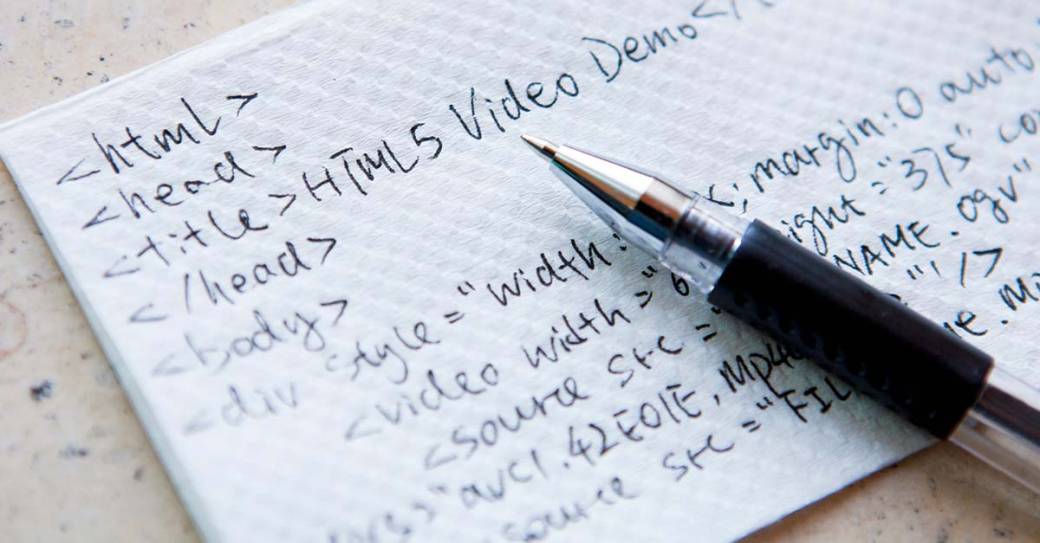Is coding the new handwriting?
06 September, 2023 Reading: 3:34 mins
Today’s learners are equipped for the future – are you?

Times are changing, and coding has now been part of the National Curriculum for ten years, which means there will be a cohort of young workers coming through who are completely au fait with coding terminology. But what about those of us who feel like coding is a totally foreign language? If that's you then hopefully the following will help - read on.
Would you be able to understand what an algorithm is or create and debug a simple program?
In Key Stage 1 (ages 5-7), this is now what children are expected to learn, and at the other end of the school system record numbers of pupils are choosing Computer Science as an A-Level; among students aged 16-23, 41% can write in at least one coding language.
But, despite these promising signs, the majority of today’s generation of mid-20s graduates didn’t learn coding at school, whether through their curriculum mandated IT lessons or simply didn’t opt for computing GCSEs or A-levels. For older adults the picture is even worse with nearly 70% of teachers saying they do not have the skills to deliver lessons on coding. Where the budget gap in training for teachers has widened, some tech companies have stepped into the breach to fund training and equipment in schools. It’s in their interests too with demand for developer jobs being maintained or growing despite downturns in other industries – the UK’s tech sector is growing at 2.5 times the rate of the rest of the economy.
Coding isn’t a mythical abstract ready to punish you with algebra and alien words. So if you've missed the boat on coding lessons, let’s start at the very beginning with some basic definitions…
What is code?
Put simply, code is a language. So, we can say that our developers are a multi-lingual bunch – ultimately, they’re using different languages to tell the computer what they want to happen. Computers all speak the same language – binary. But humans don’t speak binary (usually!). So, code is what we’ve created to bridge the gap, and there are thousands of coding languages, all developed to fulfil certain purposes.
We need to bridge the gap between human and computer, because very simply websites are databases of information and media that need to be told where, when and how to appear in whichever way has been designed for you.
So, if the place you’re most likely to encounter code or developers is when talking about websites, here are a few key terms that will help you demystify the process.
What is Front End development?
The Front End is what you see on the screen: the text, images, menus etc. Front End devs might use CSS, Javascript or HTML to name a few languages.
What is Back End development?
Back End development deals with communicating with servers and databases. It’s the foundation for the front end – think of the back end as the structural bits of a house, the beams, walls and so on – and the front end is the plaster, paint, carpets, furniture. Some of the languages for back end development that you may come across include Python, Java, PHP, C#.
What is Full Stack development?
A full stack developer works on the entire website or application - both the front and back end.
Of course, the nature of any project will define which developer, or developers, might make up your team. That’s why at KISS we have a range of experts – from front end to back end and full stack, across many different languages – so we can call upon their skills for our clients’ unique requirements.
You don’t need to learn to code to be able to get a brilliant website built - that’s what your agency is for. But knowing a few key concepts will help you understand the journey our website projects go on – from conception to user journey, to CMS and beyond. And if this has inspired you to give coding a go – here are the top 13 courses people recommend. Or get in touch with us if you’d like us to do the job for you.
